Plastic bags in Burkina - a fine mess !
In recent months a frequently used expression to signal approval . has been: ”c’est propre” (that’s neat, fine). Which is what I said when I learnt that the government of Mali has submitted a bill (March 30th this year), banning plastic bags. But what about the situation in Burkina?
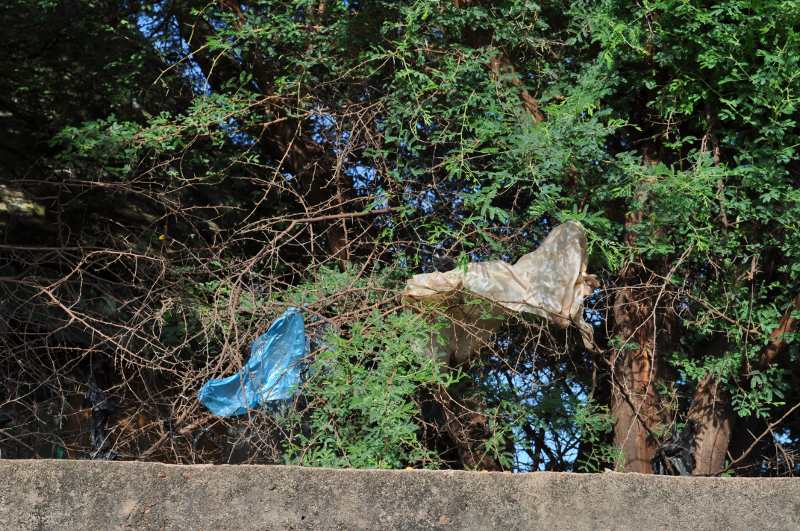
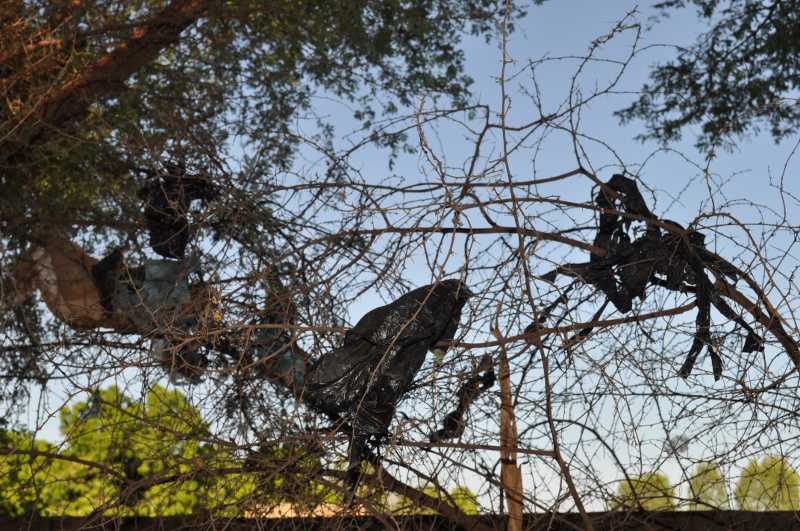 As regards Burkina we flag disapproval. the situation is neither neat nor fine, it is precisely the contrary: A fine mess. I do not have to go far for evidence. I can just look out at the thorny bushes surrounding our courtyard to see that things are serious. For me, the urban dweller, this is the unpleasantness of living in the increasingly dirty city. But just a few km further on from here the situation has become dangerous, even deadly, with animals roaming around meagre soil in search of pasture.
As regards Burkina we flag disapproval. the situation is neither neat nor fine, it is precisely the contrary: A fine mess. I do not have to go far for evidence. I can just look out at the thorny bushes surrounding our courtyard to see that things are serious. For me, the urban dweller, this is the unpleasantness of living in the increasingly dirty city. But just a few km further on from here the situation has become dangerous, even deadly, with animals roaming around meagre soil in search of pasture.
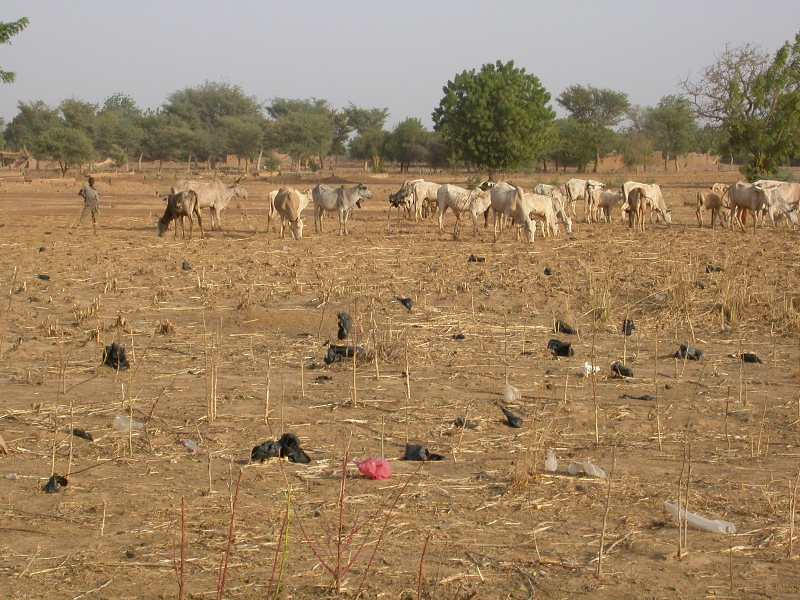
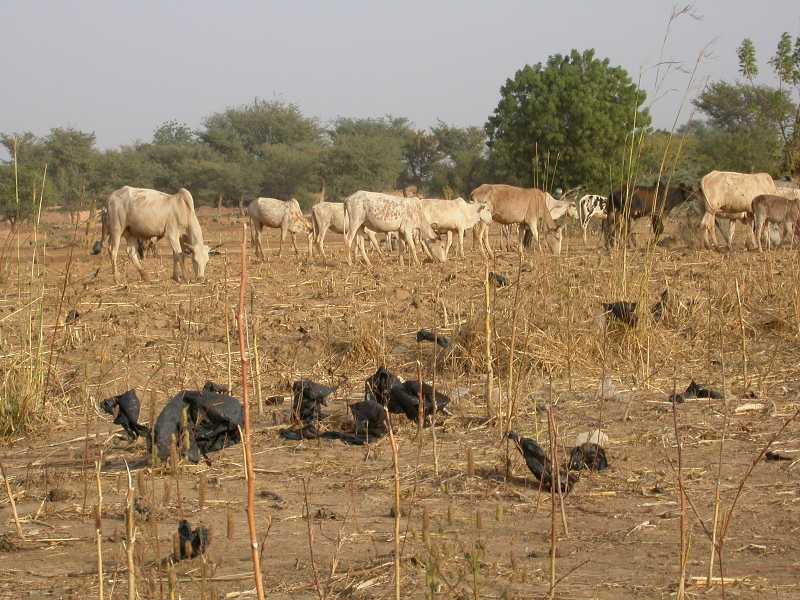 The draft legislation of the Malian government is an ambitious one. In its press release the Council of Ministers presents ”a bill to ban the production, import, sale or possession of granulates and plastic bags in the Republic of Mali.”
The draft legislation of the Malian government is an ambitious one. In its press release the Council of Ministers presents ”a bill to ban the production, import, sale or possession of granulates and plastic bags in the Republic of Mali.”
Here in Burkina plastic bags do not appear to disturb our ministers. However, if they care about our health and the future of our children, I believe they could start by taking some simple action. We do not have oil, but we have cotton, which we have not been capable of using in manufacturing. I mention oil, because that is what plastic is made from. Plastic also needs water and energy and produces green house gases that have led to climate change. But we have cotton. Why not pass a law limiting the use of plastic bags. It could consist of three measures:
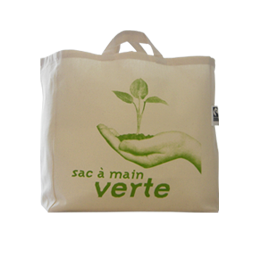
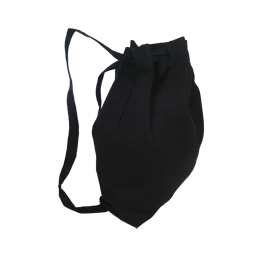 1. A campaign on national radio and TV showing the harmful impact of plastic bags and calling on people to refrain from using them.
1. A campaign on national radio and TV showing the harmful impact of plastic bags and calling on people to refrain from using them.
2. An obligation for all shopkeepers to supplycotton shopping bags. Plastic bags would sell for 10 CFA francs.
3. These two measures should be preceded by the setting up of an industrial facility that could produce various types of cotton bags to be sold at affordable prices.
Such legislation would not suffice to rid the country of all the plastic that pollutes our cities and our countryside, but it could have a positive and significant effect. When it is adopted we could finally happily exclaim:
That’s neat!
Koudougou, November 19th
Maurice Oudet
Director, SEDELAN









